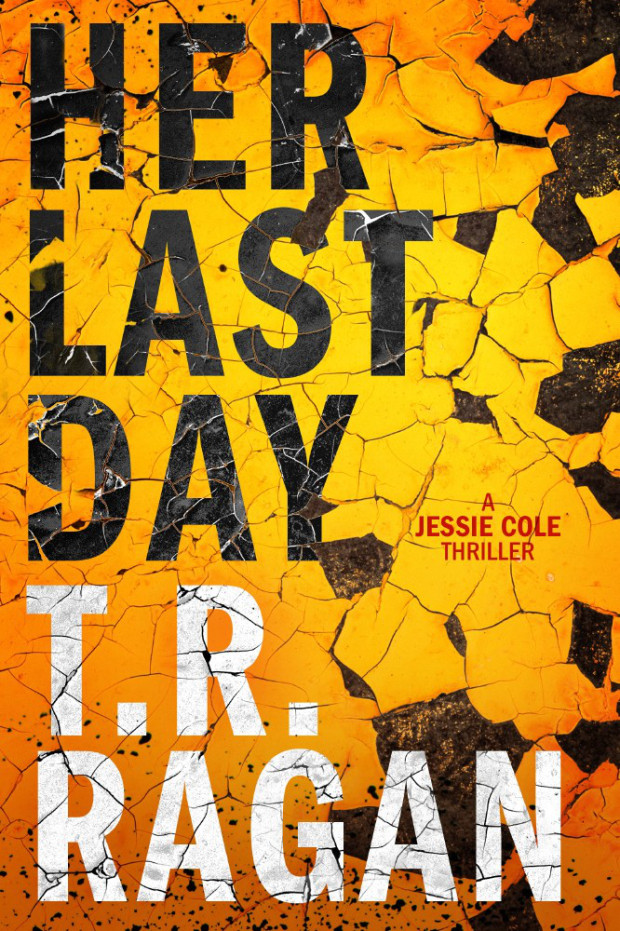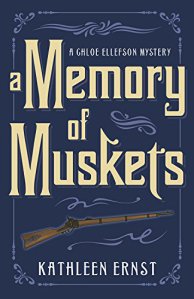Download links for: En busca de April


Other books by Mystery & Thriller
Other books by Quirke
Other books by Benjamin Black
Related articles












